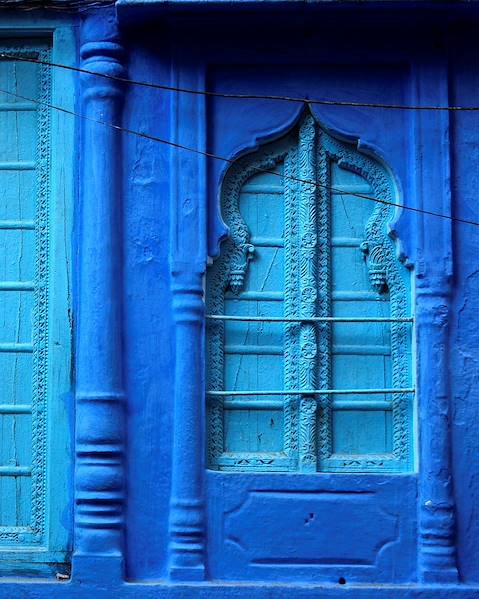India Visa Requirements
British citizens must apply for a visa before a trip to India. Various types of visas are available, including an e-Tourist Visa (e-TV), which allows a 30-day stay and double entry, meaning you can enter India twice during the time your visa is valid. The 30 days begin on the date of your arrival in India – your passport will be stamped, and an expiry date for your e-visa will be handwritten by an immigration officer (be sure to double-check this date so you don’t risk overstaying your visa). A maximum of two e-visas can be issued in one calendar year, although if you will be spending more than 30 days in India within a year, we’d recommend applying for a one-year visa instead of a 30-day one. You can discuss the best option for you with your consultant. To find out more about the eligibility criteria for an e-TV, please visit the government of India’s e-Tourist Visa website.
Passport Validity for India Travel
Passports must be readable by machines and have two stamp-free, completely clear pages. Foreign nationals who arrive in India holding a non-machine-readable passport will be denied entry. Guidelines for passport validity to enter India aren’t clear, so to avoid immigration issues, ensure your passport is valid for a minimum of 180 days at the time of your entry.
Other Important Formalities
India has banned e-cigarettes and related products, so these are not allowed entry into the country. There are also various restrictions on single-use plastics in India: they are banned in the city of Mumbai and the wider state of Maharashtra, with the exception of plastic bottles of less than 500ml, where a deposit is payable and a buy-back scheme is in place. Fines are in place for anyone found breaking the rules.
















